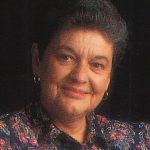cancer
March 1, 2005

Wake-up call
Can radiation from cellphones damage DNA in our brains? When a UW researcher found disturbing data, funding became tight and one industry leader threatened legal action.
June 1, 2004
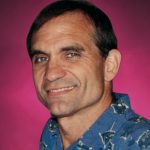
James Clowes, 1957-2004
Lecturer James Clowes, ’96, who helped revolutionize the University of Washington’s history program, died of cancer March 1, 2004. He was 47.
June 1, 2002
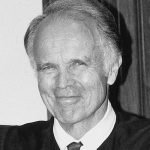
William Dwyer, 1929-2002
William L. Dwyer, ’52, a preeminent figure in the Northwest legal community during a career that spanned nearly half a century, died after a two-year battle with lung cancer.
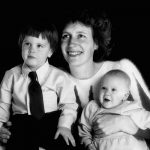
A gift of hope
I hate everything about pancreatic cancer, but what I hate the most is its lack of hope. It is a death sentence with no prospect of a pardon. But that may be changing.
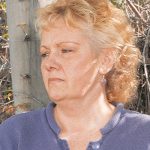
Fatal inheritance
After losing her mother and brother to pancreatic cancer, Sheri Mayer faced the difficult choice of having her pancreas removed or trying to beat the odds.
December 1, 2001
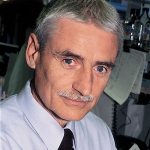
Nobel Laureate
UW Genetics Professor Lee Hartwell won the 2001 Nobel Prize in Medicine/Physiology for his basic research on cell division.
December 1, 2000
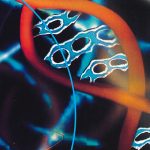
Why cells go bad
Once just a theory, Lawrence Loeb's mutation breakthrough could lead to new cancer treatments and even an unconventional way to stop AIDS.
September 1, 1999
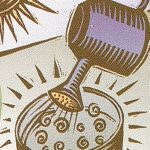
Stem cell breakthrough
A team of UW scientists has found a way to grow stem cells from mice in the laboratory.
March 1, 1998
Allied on cancer
Seattle-based leaders in the fight against cancer announced Oct. 27 that they are forming a new clinical cancer program.
June 1, 1997
At research center, patients take on risk for the sake of a cure
From bone marrow transplants to cancer vaccines, patients in the Clinical Research Center opt for experiments that could save lives, maybe even their own.
September 1, 1996
Mary-Claire King put the pieces together
The devastation of watching her best friend die of a kidney tumor triggered Mary-Claire King's unconscious decision to search for a cure.
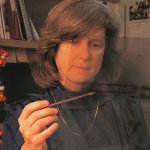
Cancer detective
After discovering the gene linked to breast cancer, Mary-Claire King now is on the hunt for ways to combat the disease.
June 1, 1996
New hope for ways to reverse breast and ovarian cancers
Biologists have found the first direct evidence suggesting that the gene known to cause hereditary forms of breast and ovarian cancers can also halt—and in some cases reverse—both diseases.
September 1, 1995
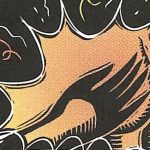
Estrogen-cancer link disproved
Women who take estrogen or a combination of estrogen and progestin as hormone replacement therapy apparently do not face an increased risk of breast cancer.
September 1, 1994
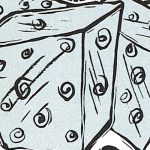
Freeze on cancer
Tumors in the prostate and liver have a new nemesis in the Pacific Northwest—a UW Medical Center machine that can freeze and destroy cancer cells.
June 1, 1993
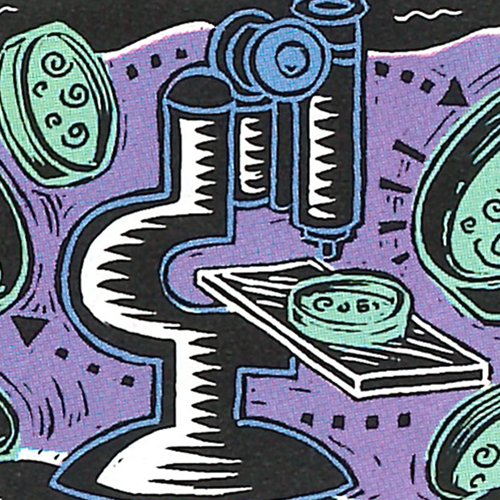
Turning cancer off
UW researchers have discovered a way to artificially make a cell cancerous and then reverse the process of unchecked cell growth.
March 1, 1993
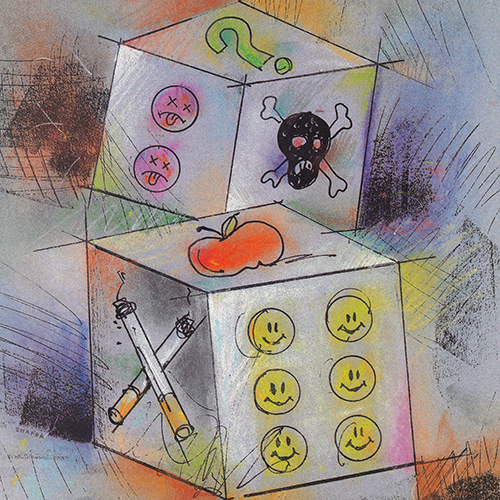
Risky business
Peanut butter or bacon is more dangerous than a glass of juice from Alar-treated apples, say UW experts, who want to clear the air about environmental risks.
March 1, 1992
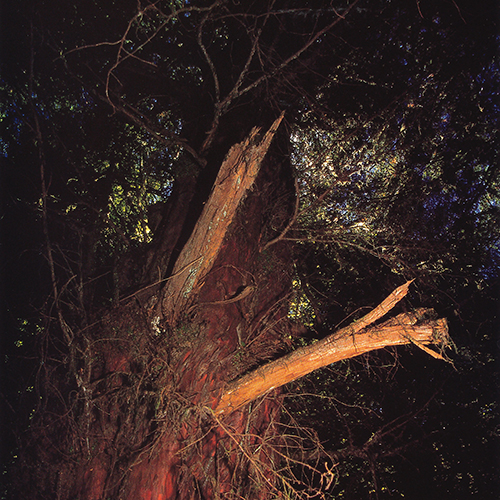
Tree of hope
Once seen as worthless, the Pacific Yew is the only natural source of taxol, a powerful cancer-fighting drug.
